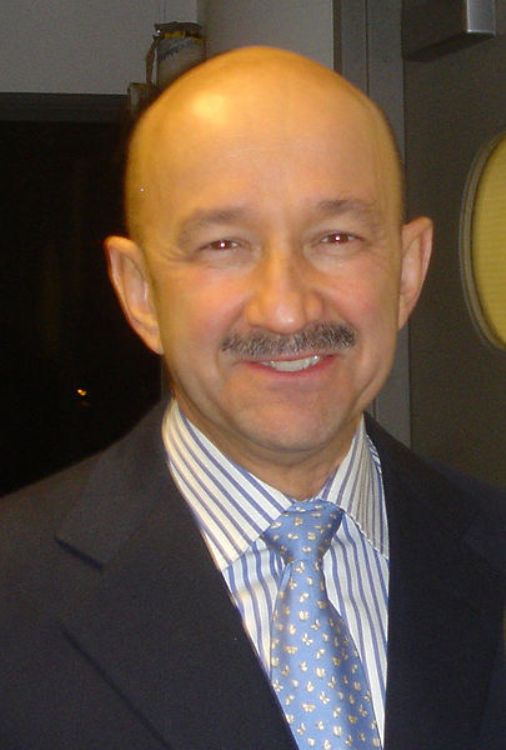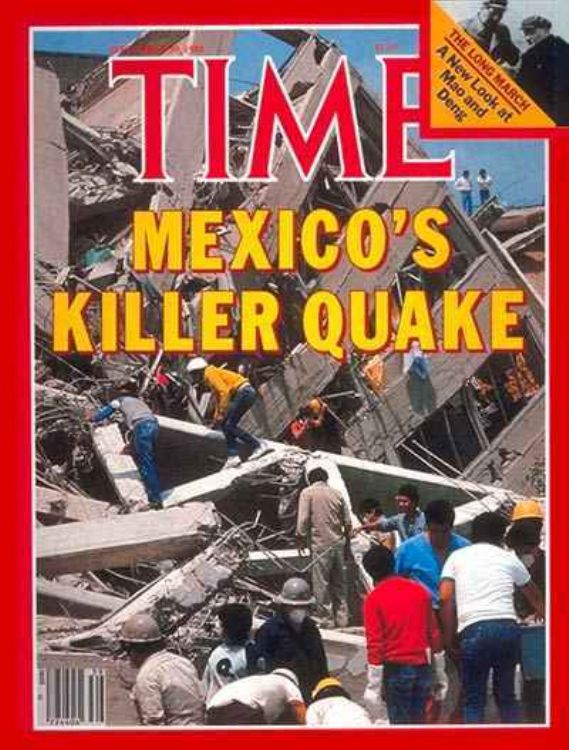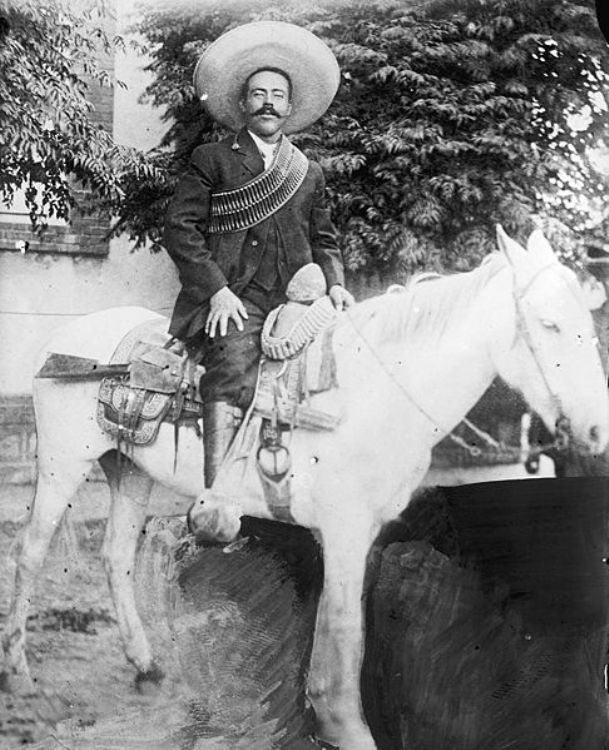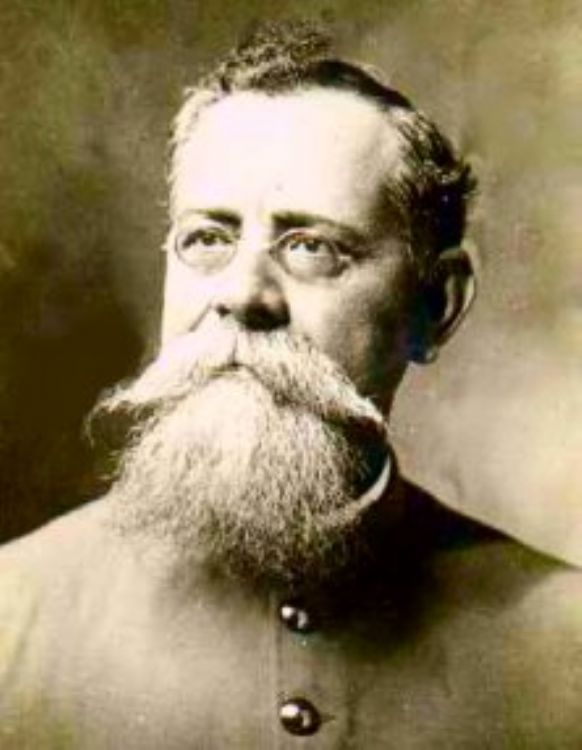Carlos Salinas de Gortari

Carlos Salinas de Gortari obtained his bachelorâs degree in Economics from UNAM in 1970 and was granted the title of Doctor in Political Economy and Government from Harvard University in 1978. At 21 years of age, continuing the family tradition, he became a member of Partido Revolucionario Institucional (PRI), the party that had controlled the government at all levels in Mexico since 1929.
He occupied various management posts at Secretaria de Hacienda y Credito Público while his father lead the Mexican Institute of Foreign Commerce. He was then named general director of Social and Economic Policies of Secretaria de Programacion y Presupuesto while he supervised the presidential campaign of Miguel de la Madrid Hurtado.
President de la Madrid named Salinas de Gortari the man in charge of designing a new economic policy, based on austerity of public expense, decrease of social subsidies, the privatization of State enterprises, the opening to foreign investments and the liberalization of foreign exchange.
De la Madrid chose Salinas to succeed him to the presidency when the countryâs inflation averaged 160% per year; prompting the populationâs outrage against PRI. Additionally, the opposing candidate was very well perceived for being the son of former president Lazaro Cardenas. On July 6, 1988, when noticing the partial outcome of the elections favored Cardenas, âthe system fellâ from the computers used to count to votes. Despite great protests, Salinas was named president on December 1, 1988 after supposedly winning 50.4% of the votes.
During his presidency, Salinas handed Telmex, the State telephone company, to Carlos Slim during a public auction. He also granted the State companies of road communications, airlines, chemical and mineral industries, radio frequencies and banks to private companies. At the end of his tenure, more than 90% of the countryâs companies had been privatized.
Salinas guided national economics toward exports and foreign exchange, for which in December of 1992 he signed NAFTA with USA and Canada. Salinas created the Federal Elections institute to legitimize an authentic democracy and the key reforms he prompted were very well perceived by the people, leading the countryâs economy towards prosperity and going down in history as a great president.
But in May of 1993, Cardinal Juan Jesus Posada Ocampo was murdered during a shooting spree between drug dealers, triggering a chain of assasinations that disturbed society.
On January 1 of 1994, the Zapatista National Liberation Army (EZLN) went up in arms lead by Sub-commander Marcos fighting against the extreme poverty and social injustice in the south; which Salinas tried to silence through military power, causing himself an enormous political loss of prestige worldwide. In march of that same year, candidate Luis Donaldo Colosio was murdered during his campaign, which was perceived by society as a conspiracy from the president to get rid of who was promising deep political reforms. On September 28, Jose Francisco Ruiz Massieu was murdered; he had been the general secretary of PRI and former husband of Carlos Salinaâs sister.
By the end of Salinaâs presidency, a 24,000 million dollar capital flight and the pesoâs loss of 60% of its worth caused serious problems in international markets (known as the tequila effect) and required 51,000 million dollars from the U.S. Federal Reserve to stabilize the exchange market. Revealing that the economic growth registered during Salinaâs presidency had been faked. Mexico ended 1995 with a 52% inflation and even worse social inequalities.
In 1995, Raul Salinas, brother of Carlos, was arrested for the frauds he committed during his brotherâs tenure and for being the intellectual author of the murder of Ruiz Massieu, and also accused of tax evasion and corruption, he served more than 10 years in prison before Carlos bailed him out.
Carlos Salinas is still being accused by the public for the murder of Colosio, the favoritism with which he privatized state enterprises, the looting of reserves that resulted in financial disaster, the historical defeat of PRI and his own colossal illicit enrichment.
Source: Centro de Investigación de Relaciones Internacionales y Desarrollo.
Article Produced by the Editorial Team of Explorando Mexico.
Copyright: Explorando Mexico. All Rights Reserved.
Image: Wikipedia






